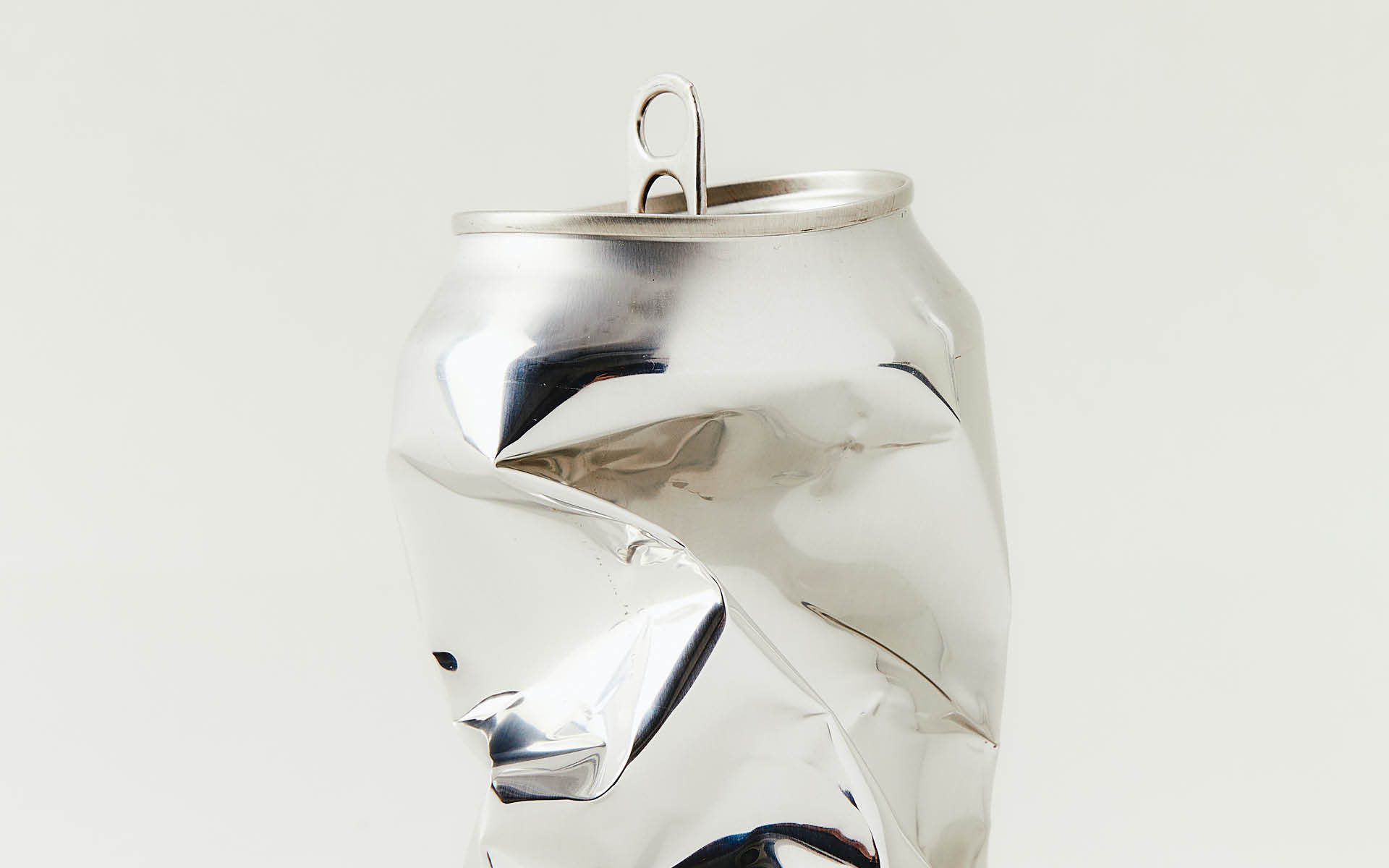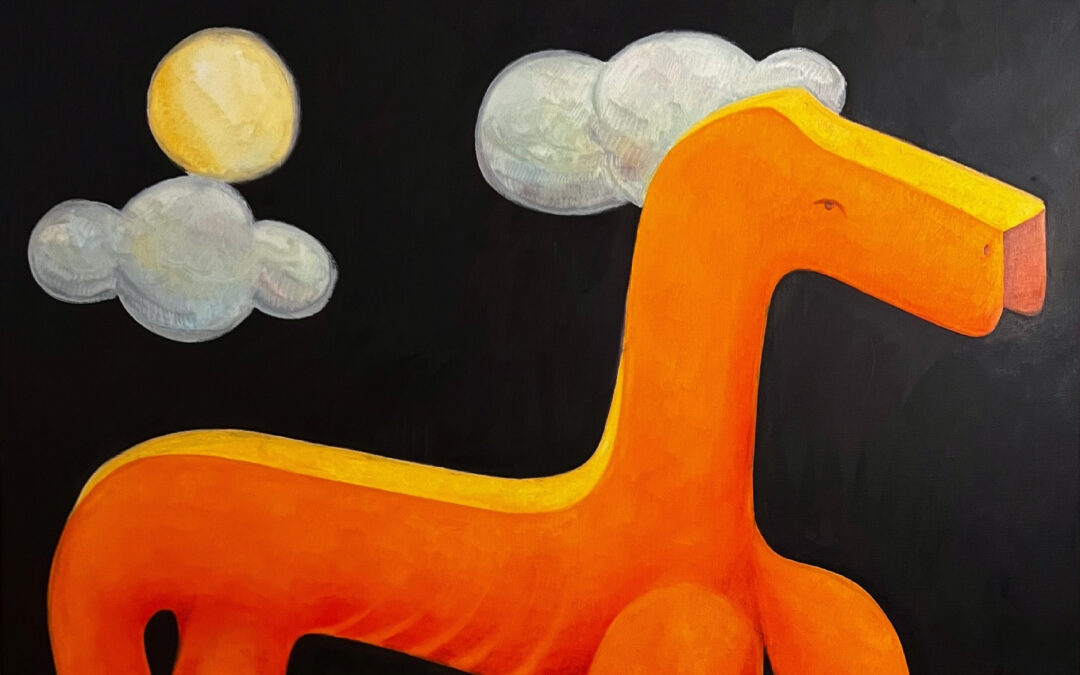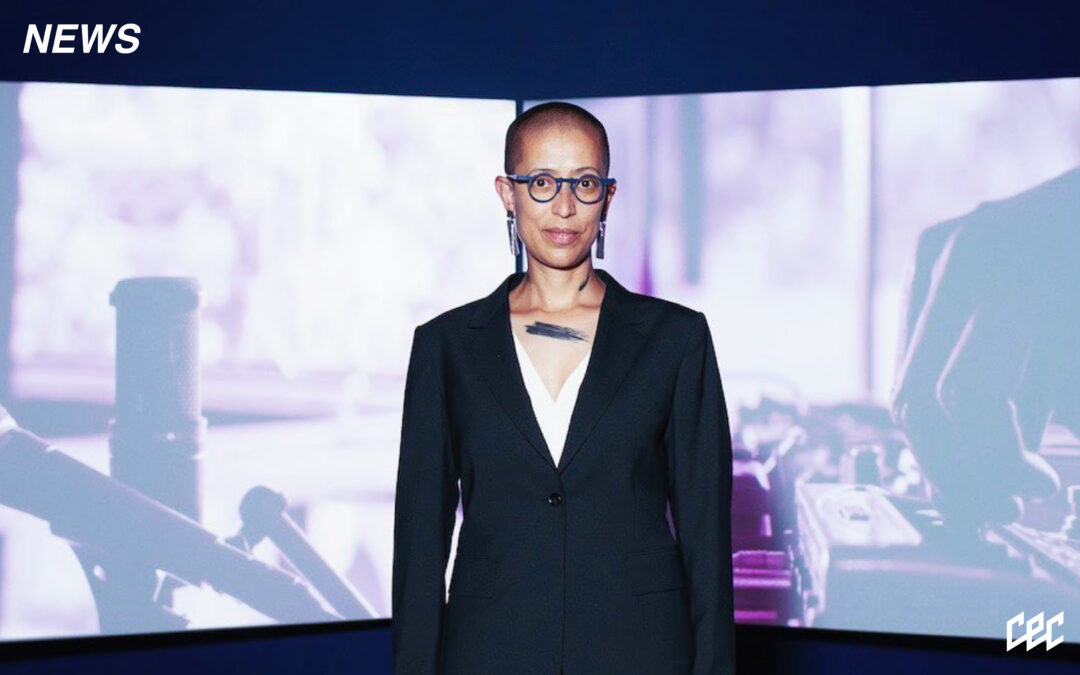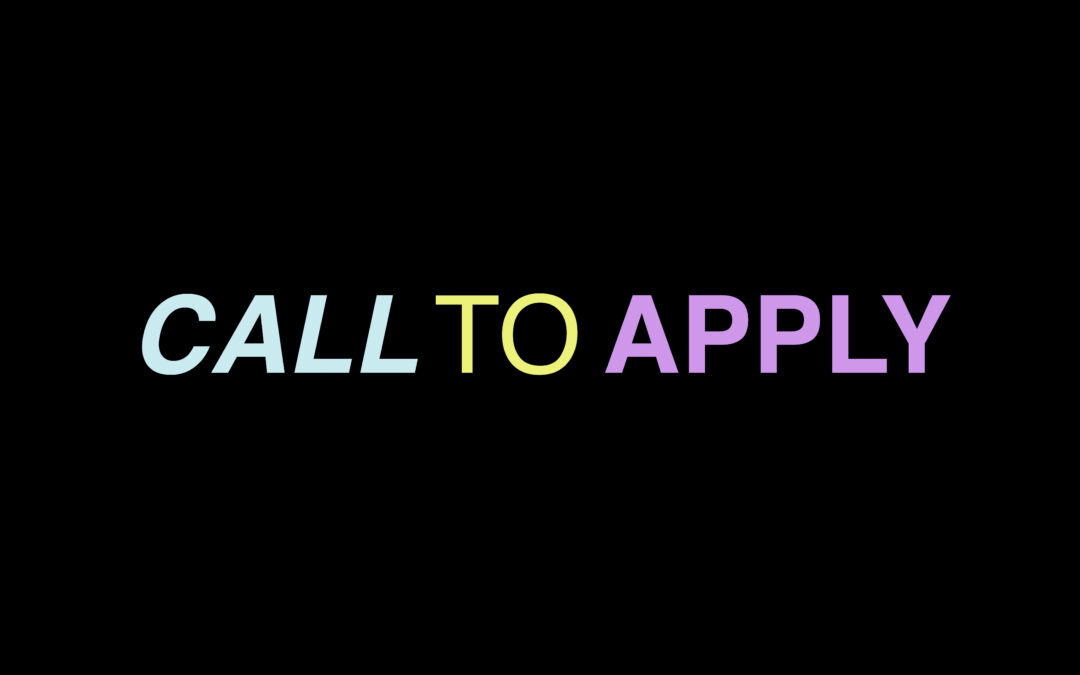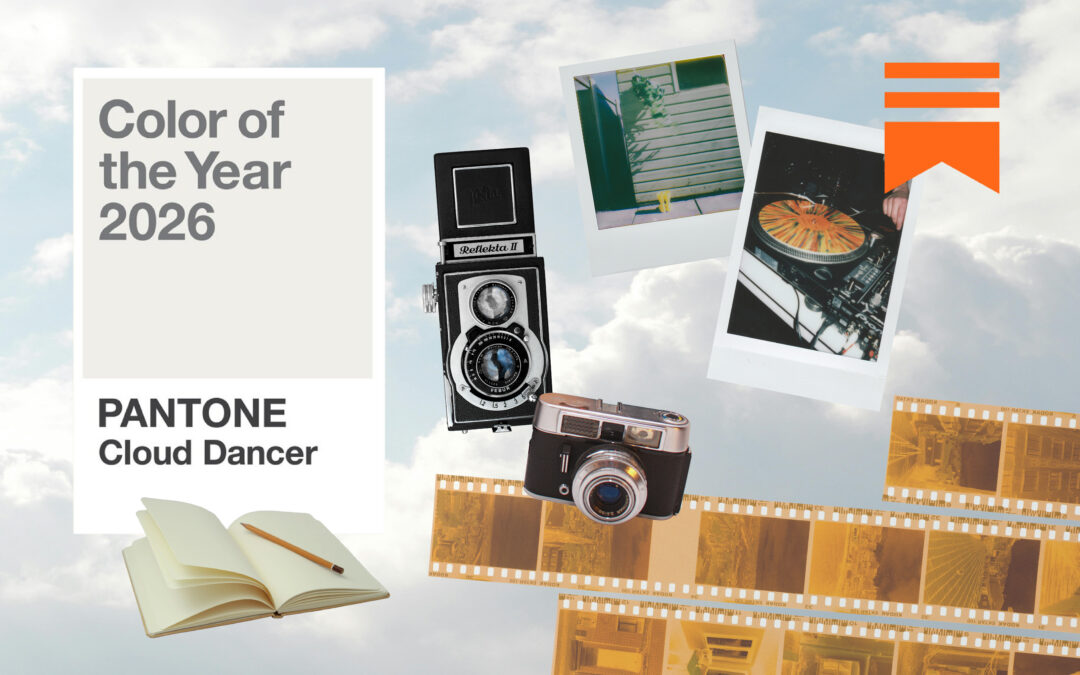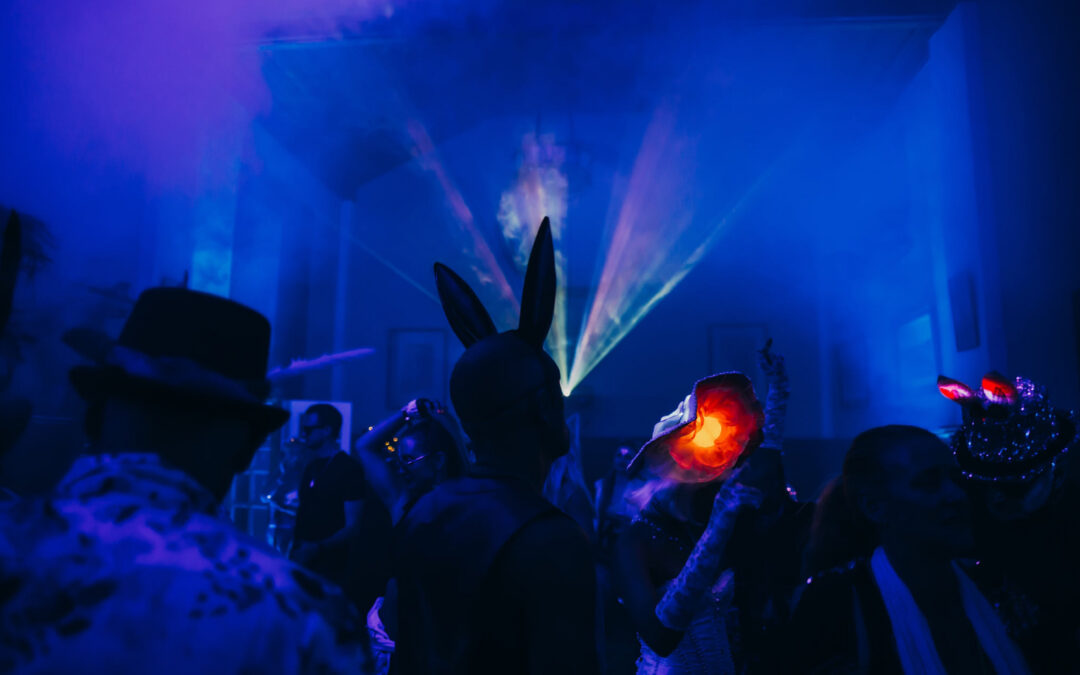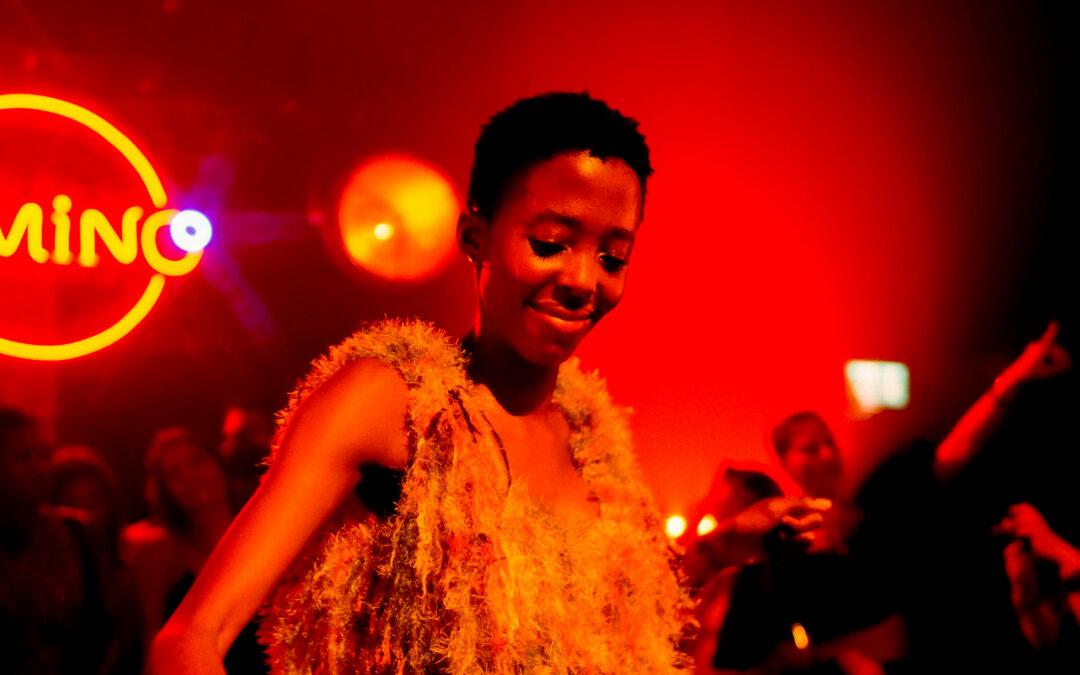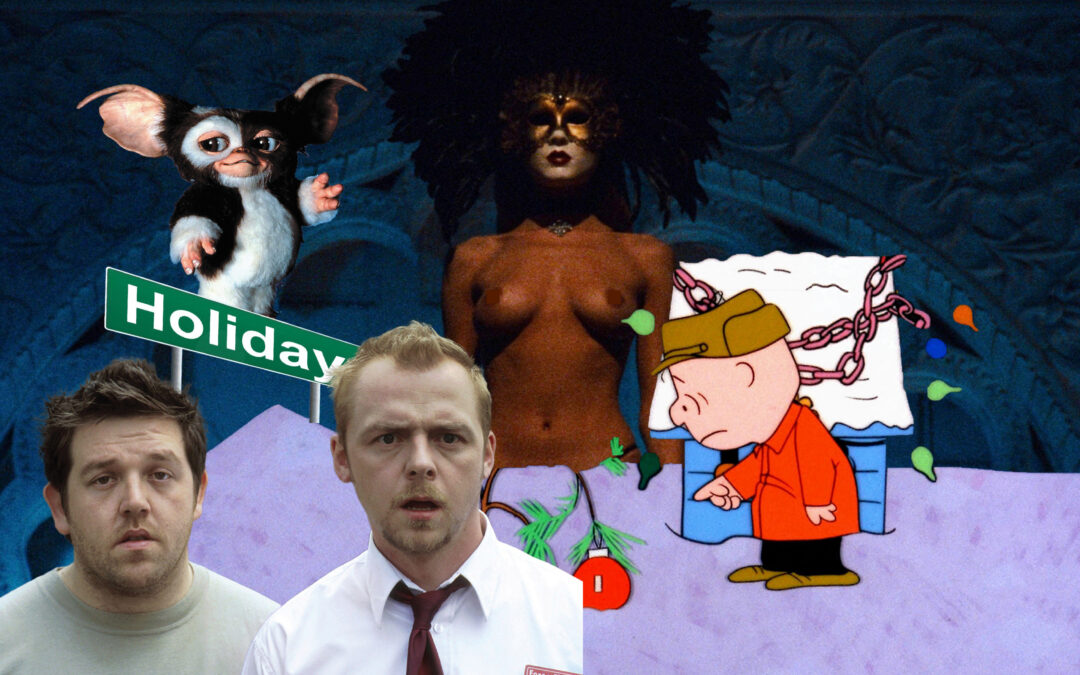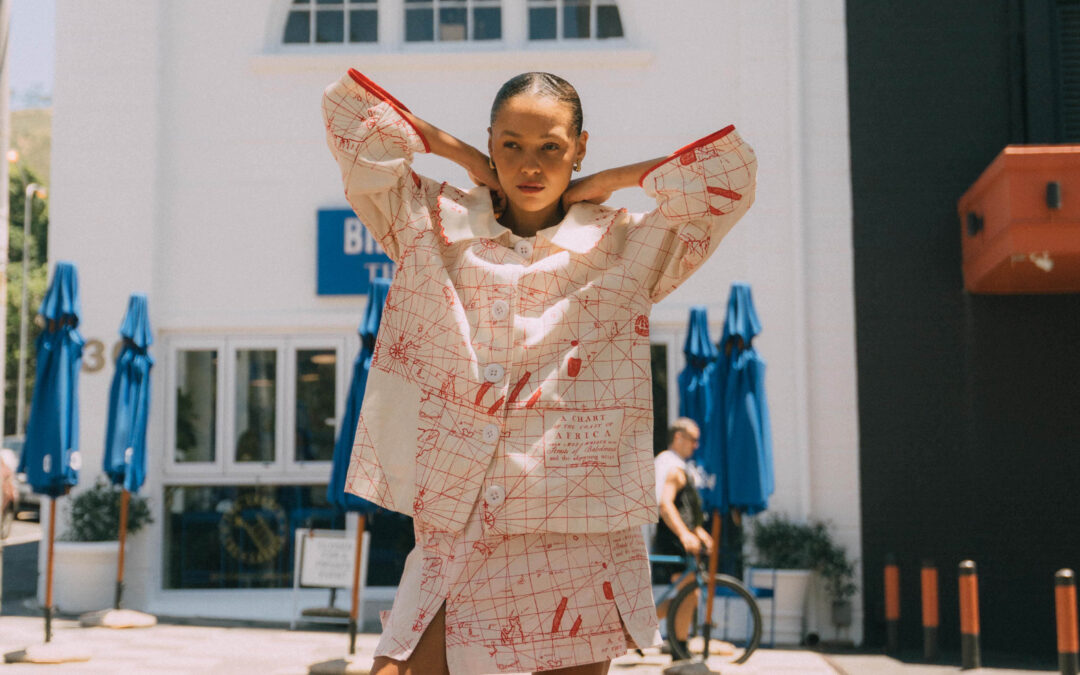I was at a lunch over the weekend in which I experienced the most exceptional array of non-alcoholic cocktails, paired with a tasting menu. As a sober person, this is a rarity; traditionally, non-alcoholic beverages have erred on the side of either non-existence or mediocrity. Today, this is not so. With the rise of non-alcoholic beers, spritzers, wines – even spirits – it is easier than ever to mindfully socialise, still with a cute and yummy drink in hand. This is the essence of the ‘Sober Curious’ movement, a term popularised by author and speaker Ruby Warrington in her book, “Sober Curious: The Blissful Sleep, Greater Focus, Limitless Presence, and Deep Connection Awaiting Us All on the Other Side of Alcohol.” After an intensely festive holiday season, many are undertaking the yearly ritual of ‘Dry January’; itself a kind of sober curious practice, in which not drinking alcohol is the perfect new year reset.
I must preface this piece by stating that I am not intending to address addiction or alcoholism; though, I am sober because I am an addict. My sobriety is not out of curiosity or specific ‘choice’ per se; when I pick up a drink or drug, all bets are off and my life becomes a series of volcanic eruptions, with me as the veritable lava creating chaos in my path. Believe me, I have years of experience with this. So, though I wouldn’t consider myself part of the sober curious movement, I do have some pretty direct lived experience as a fully sober person; I hope it gives me some kind of legitimacy to walk you through a life beyond alcohol.
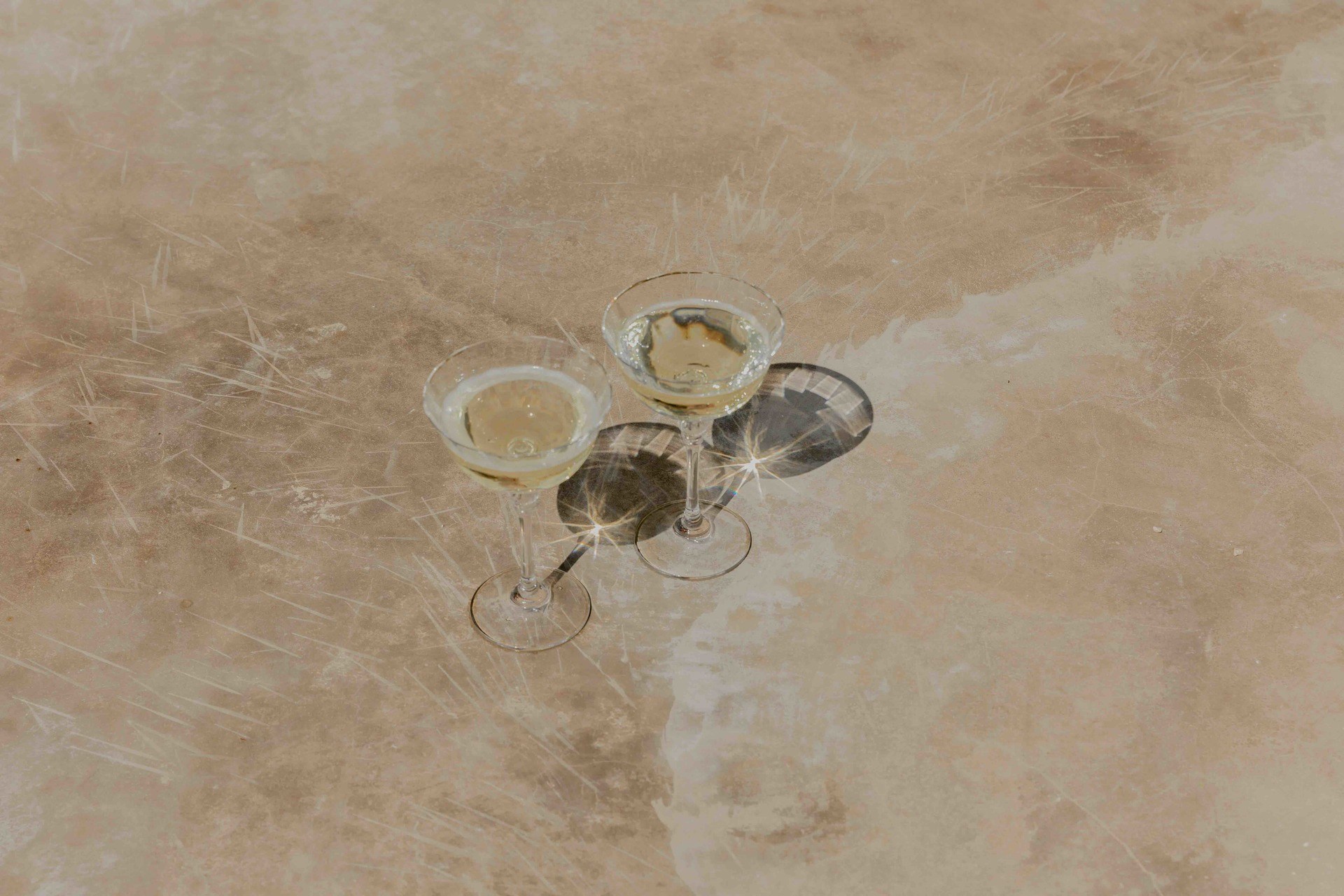
Photographed by Caldo, courtesy of DTS
Alcohol is considered the most socially accepted mind-altering substance in the world and despite my own journey, I strongly believe that any consenting adult should be able to clearly choose how they alter their minds and with what, providing it does not impede on their wellness or the wellness of others. The pervasiveness of alcohol consumption in the 21st century is founded in a variety of factors; some ancient, some modern. From the brewing and fermenting cultures of Mesopotamia in 4000 BCE, we see some of the earliest indications of beer production in The “Hymn to Ninkasi,” a Sumerian poem that serves as both a religious ode to the goddess of beer, Ninkasi, and a practical guide to brewing. Alcohol consumption has had a firm position as one of most socially and ritually rooted acts as human beings. Mix this with the economic impact of alcohol today and the fact that it’s a really, really great social lubricant; it’s easy to see how alcohol’s influence on society has seemed unshakable.
Last year, the World Health Organisation declared that studies have found that no level of alcohol consumption is safe for human health. Now without any fear-mongering, what this means is that alcohol is a risk no matter how or what you consume – not even the ‘glass of red’ typically associated with Mediterranean diets, that was once purported to enhance cardiovascular health. This does not suggest to people that they should stop drinking, as the benefit that alcohol can yield is more ‘quality of life oriented’; such as the social experience, or the deep interest held by wine or whiskey connoisseurs alike. It is just worth noting that alcohol is risky, and with any risky behaviour, mindfulness is the best space from which to make any decisions.
Our relationship with alcohol should be a mindful one and this is what the sober curious movement focuses on. Without any shame or guilt, choosing to explore varying forms of sobriety is asserted by awareness of our body, mind and what we want our lives to look and feel like. I am a big advocate for any and everyone to evaluate their relationship with alcohol; is it possible to find deeper connection to ourselves and others, without alcohol, or at least with less alcohol? How much of the drinking that we do, is out of conscious choice and how much of it out of habit or social normativity? The sober curious pathway hinges on the words ‘curiosity’ – an open-ended exploration that is inquisitive and sensitive in nature, without any requirement to choose and maintain any particular decision. This sense of self-determination is what can make choosing to weave sobriety (whether specific days, periods or overall) into one’s life so empowering.
Cutting down on booze can lead to notable improvements in physical health, such as enhanced sleep quality, increased energy levels and greater physical resilience (especially when pursuing fitness or health goals). We also know that alcohol is classed as a central nervous system depressant, meaning that alcohol slows down the activity of the brain and nervous system, leading to an overall reduction in brain activity. So, a result of more time spent sober is very likely to lead to improved mental well-being, clearer thinking, heightened cognitive function and emotional stability – and if there’s one thing I do not miss about drinking, it is the next-day-anxiety or hangover demons.
Mindful Mess photographed by Shauna Summers, courtesy of DTS
Our culture seems to be pursuing health and wellness as cornerstones of living a good life; with increased focus on quality and longevity. It also seems that sober curiosity is forming part of an exciting new wave in the beverage industry; with ‘mixology’ taking new heights as explorations of taste, scent and health-benefits. I think of Bella Hadid’s Kin Europhics brand, self-described as ‘non-alcoholic, functional beverages’ which include adaptogenic, nootropic and botanical ingredients to assist with stress management, brain function and sensory pleasure. How cool?
Sober curiosity as a conversation has been a hot topic at trend analytic giant WGSN’ – their Create Tomorrow podcast released an episode last year titled ‘Low & No Alcohol – The Sober-Curious Movement’, featuring a really interesting conversation between Executive Editorial Director Bethan Ryder, Director of Food & Drink Jennifer Creevy and Food & Drink Strategists Rachel Tan and Millie Diamond. Rachel Tan noted that in their analysis of consumer and brand trends, “when people are thinking about low-and-no drinks, they mostly think of dealcoholised beer or de-alcoholised wine, non-alcoholic versions of classic cocktails. But what we’re forecasting is the premiumisation of this category and the rise of new non-alcoholic classics that can stand on their own two feet, so more sophisticated options offering complex flavours, mature drinking experiences, but without alcohol and without imitating alcohol.”
Additionally, Millie Diamond spoke to the ‘Kin Europhics’ effects, in which people are using non-alcoholic drinks as a sophisticated method to explore functional ingredients like mushrooms and CBD, noting that “another quick thing that we called out in terms of premiumisation is functional ingredients. So different varieties of mushroom like reishi to reduce stress, or cordyceps for an energy boost. Kava, CBD and cannabis are also being used as mood boosters. So replacing the alcohol content with ingredients that add multiple different benefits, particularly for mental health.” When exploring your sober options, it’s important to note that non-alcoholic drinks contain no alcohol (0.0%) while dealcoholized drinks, on the other hand, undergo a process to significantly reduce alcohol content (typically <0.5%) from original alcoholic beverages like beer or wine. The terms are sometimes used interchangeably, but non-alcoholic implies an absence of alcohol, while de-alcoholized suggests a reduction in alcohol content.
Locally, there are myriad of options emerging in the alcohol-free space; whether its my favourite beer, Devil’s Peak Hero, or a yummy Kombucha by Culture Lab (they even did a functional mushroom collab with Aether Apothecary last year) while spaces like Drink Nil, a one-stop shop for local non-alcoholic beverages – encourage a sensory curiosity beyond your favourite booze. Then, there is a CEC favourite DOPE, a CBD-infused spring water drinks; and brands like Seedlip, your answer to non-alcoholic spirits and bitters – as well as The Duchess, the best non-alcoholic G&T you could fathom. The practice of mindful drinking has never been more exciting or consumer-led; so get creative, get mixing and wake up after a night out, feeling better than ever. We love to see it.
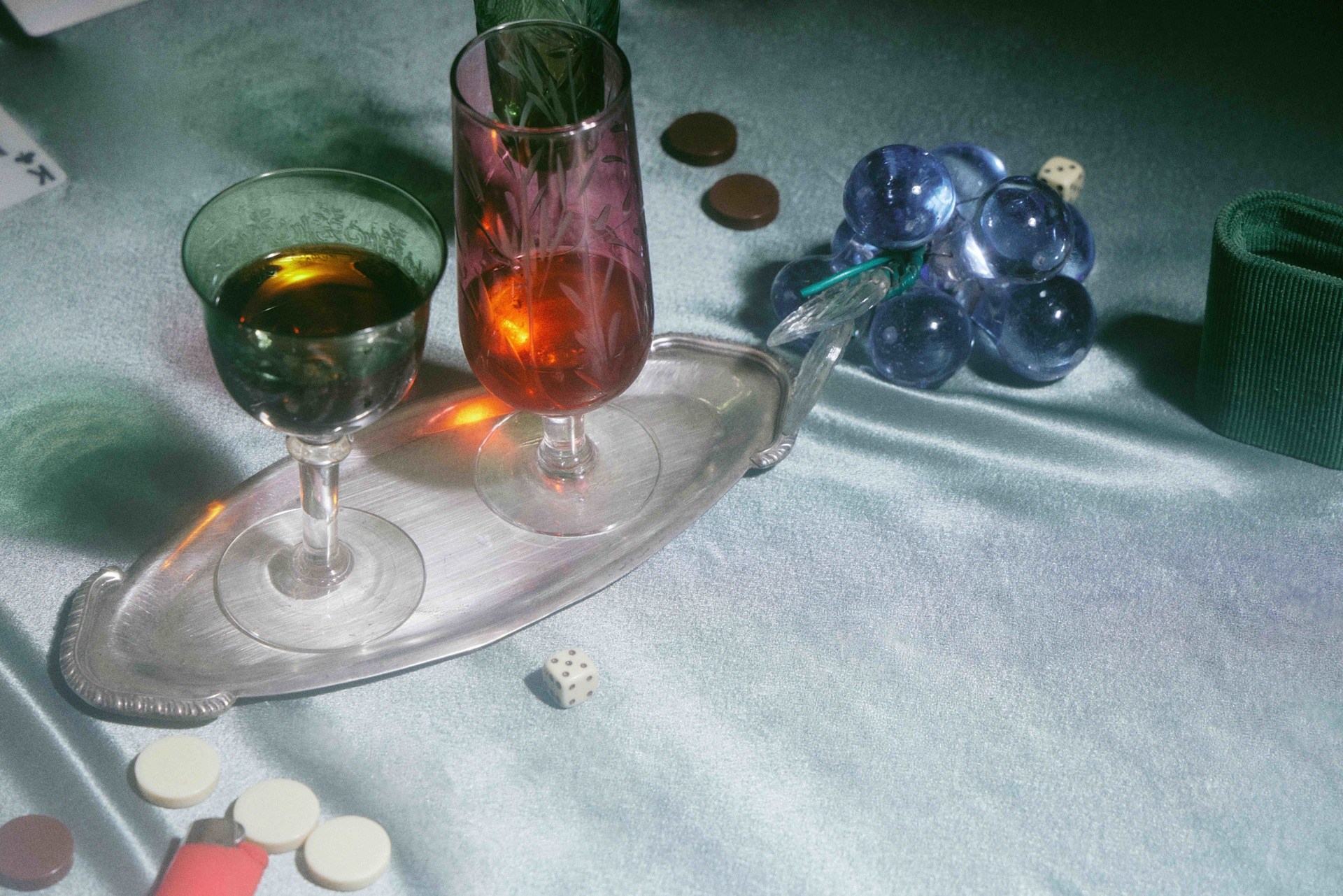
Photographed by Ivan Resnik, courtesy of DTS
Disclaimer:
This article is intended for informational and exploratory purposes only. It does not aim to provide guidance or support for individuals dealing with substance use disorders or alcohol addiction. If you or someone you know is struggling with alcohol-related issues or substance abuse, we strongly encourage seeking professional help from qualified healthcare providers, counsellors, or addiction specialists.
This article does not replace professional advice, diagnosis, or treatment, and the content is not designed to address specific personal circumstances. The focus is on the cultural and social aspects of sober curiosity, promoting a mindful approach to alcohol consumption without intending to minimise the seriousness of addiction. Always consult with appropriate professionals for personalised guidance and support related to substance use disorder.
If you feel you might have a problem, please refer to the following resources:
Alcoholics Anonymous South Africa’s helpline
Narcotics Anonymous South Africa’s helpline
South African Depression and Anxiety Group helplines
Written by: Holly Beaton

